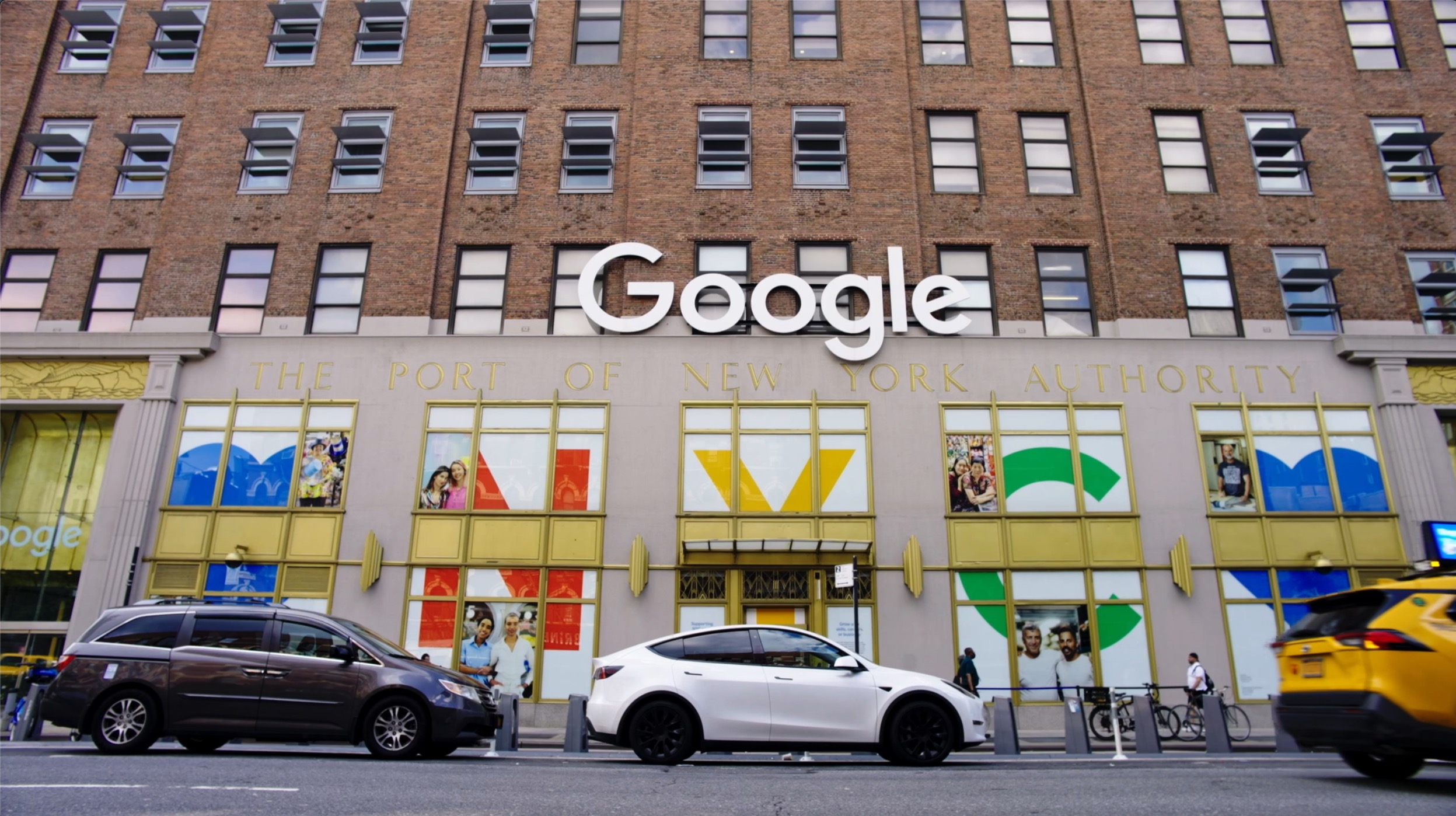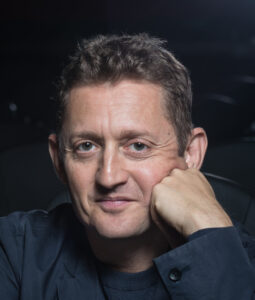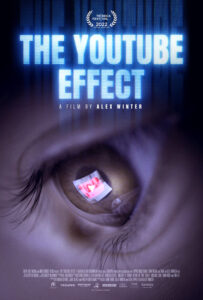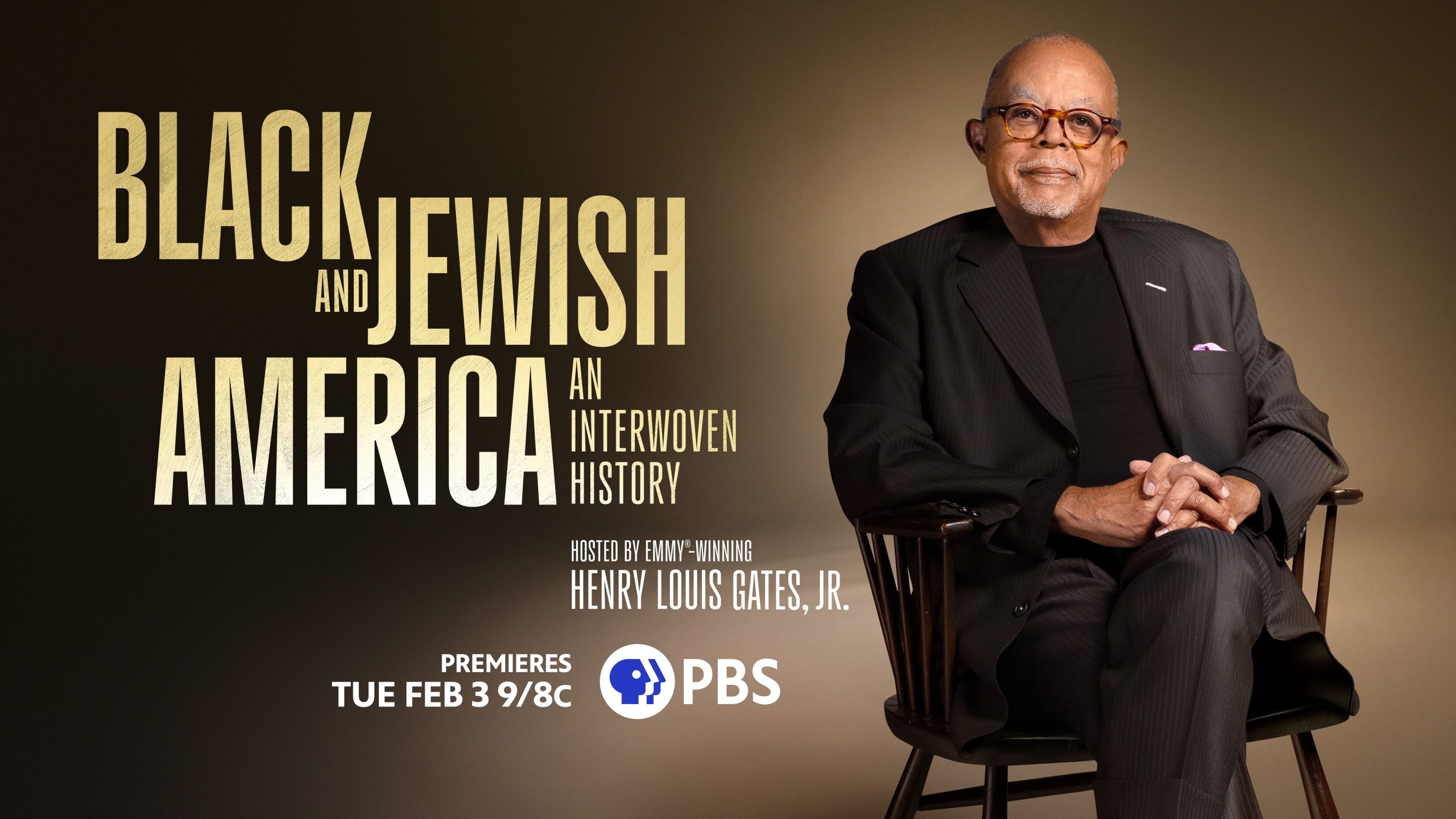
Alex Winter spoke with Solzy at the Movies about directing The YouTube Effect, which will begin its theatrical run starting on July 7.
Our conversation took place in June 2022 shortly before the film’s world premiere at the 2022 Tribeca Festival. YouTube was frequently in the news during this time. Winter’s film looks at the rise of YouTube and how it has changed our world, for better or worse. Documentary subjects include Caleb Cain, Steve Chen, Hany Farid, Carrie Goldberg, Ian Hecox, Loann Kaji, Ryan Kaji, Shion Kaji, Talia Lavin, Dave Lauer, Becca Lewis, Anthony Padilla, Andy Parker, Nitasha Tiku Tyler, Susan Wojcicki, Brianna Wu, Natalie Wynn, and Jillian C. York.
Winter (Trouper Productions), Gale Anne Hurd (Valhalla Entertainment), and Glen Zipper (Zipper Bros. Films) produced the film. Executive Producers include Michael Cho, Mimi Rode and Tim Lee of Olive Hill Media, Michael Y. Chow and Sue Turley of XRM Media, Kevin Lin of Metatheory, and Ian Orefice, Rebecca Teitel and Mike Beck for TIME Studios.
It was announced in May that Drafthouse Films and Kanopy acquired the film’s global distribution rights. The film will open exclusively with Alamo Drafthouse Cinemas on July 7 before expanding to theaters nationwide on July 14, followed by its debut on Kanopy and other digital platforms.

What was the idea behind making The YouTube Effect?
Alex Winter: I think there was an impulse. Being around the internet for a long time and watching these companies and these platforms grow. I’m specifically watching Google grow and grow and grow and grow to become the behemoth that it is today and feeling somewhat that a lot of the discourse around YouTube and around tech in general was very black and white. It was either extremely kind of unproductively or counter-productively negative, meaning just don’t let your children on screens at all, put down your phone, go outside, social media is bad, or this hyper evangelism, which I think is sort of crested with the NFT movement for the time being, where people have gotten overly evangelical about technology and ignoring sort of real world consequences.
I really wanted to make a film that looked at the whole animal. Because Google, by an order of magnitude, is the biggest tech company on the planet and YouTube is owned and driven by Google, and is in its own right, one of the largest company tech companies in the world, it also struck me that they’ve never really been given any oversight. It’s not all critical—even the positives. I just think it hadn’t really been given a nuanced examination and that was—(Laughs) I guess you’re right, that was the idea. I think the idea was to try to do that. I think that’s what I set out to try to do. It wasn’t to give a specific message as much to really try to convey the breadth of what this effect is of a company that size.
How did you decide which stories to focus on?
Alex Winter: I was really interested in telling a story. That’s the challenge when you make a doc is to find the story to find the human beings who convey the heart of the story. That’s really what I set out to do was find the human beings that conveyed the heart of the story. That took me from Steve Chen, one of the original co-founders, to Susan Wojcicki—the CEO, not only the CEO of YouTube, but one of the original powerhouses behind Google from the very beginning, pretty interesting person in her own right—to Natalie Wynn to Anthony Padilla and Ian Hecox from Smosh, arguably some of the biggest influencers on the platform to convey the inside, but then to people who are impacted by YouTube. I didn’t want to overstuff it with people. I really wanted to tell some individual stories and I wanted to be able to track those people’s arcs and how they were interweaving with each other. People that seemingly came from very disparate areas of YouTube actually crossed paths and had an impact on each other. That was why I chose who I chose.

What was the most challenging aspect of making the film?
Alex Winter: Covid. No doubt, Covid. I make international docs. I usually am traveling all over the world. That’s the type of film that I make. I’m very honed in and maybe one other person, maybe. Our footprint is very light. Our interviews are very intimate. I get extremely hands on with this stuff. Honestly, it was very challenging having to make this film remote. Thankfully, relationships with crews all over the world, having made the films I’ve made, so I had trust with DPs and with other crew but I had to beam in from home and it was hard. I’m really grateful for the film we made. I think we got really intimate material with these subjects. I think these subjects were very open and honest with us but it was hard. Thankfully, the film addressed some of the issues around Covid and around technology and how technology was—you couldn’t argue—I mean, I guess you could but people who had been throwing rocks at online communities, going back to Napster and before, were able to send their kids to go to school and work because of technology. It was a very interesting time to make a film about technology as well.
With so many different news stories lately about YouTube, have you had to constantly edit the film?
Alex Winter: Not at all. That’s reason I wanted to make this film. These issues go back to the dawn of the internet and they certainly showed themselves at the very beginning of the proliferation of online communities, beginning with Napster. I was not interested in trying to play catch up with the news, which changes every five seconds. I was really interested in telling a very specific story that culminated at a very particular point in time and with a crisis point, which I think historically will be viewed as a crisis point for our culture that YouTube played an enormous part in.
It seems that you can’t make this film without bringing up the tragic events of January 6th.
Alex Winter: You could but it would be very disingenuous. (Laughs) We did a lot of homework on the implications, on the statistics. We were very diligent about making sure we were presenting facts in terms of the stats, in terms of the relationship of this platform to some of these events. To me, it’s not the least bit surprising because that’s how these platform forums work, for good and ill. They do a lot of good and I really want to stress that. But when you are a window onto the world, which YouTube is unlike any other company on the planet by an order of magnitude and is—I would argue—the window onto the world, that’s going to cause problems as well as have enormous benefits.
What was the most fascinating thing you learned during the process of making this documentary?
Alex Winter: Honestly, I learned so much making this film from so many people. I learned from Steve Chen, Susan, Natalie, Caleb, Talia. I mean, everyone. I will say I’m very grateful I got the people I got. I’ve been following this space for a long time and there are people in this space who are really brilliant. I was able to get to many of them. Becca Lewis, Carrie Goldberg, Brianna Wu. I was learning an enormous amount all the time. We were fluid as a team all the time. Someone would open up a window for us and we would dive in and do research around that window and that would spin us off into a direction.
I think there were some significant things that I came away with the magnitude of these companies, they were just far bigger than I even understood—the breadth and scale and scope of them. I would say that I really came to understand that the algorithm has become this very superficial cliché catch-all term for all things bad on the internet and that a lot of what’s going on in terms of both the positive and negative consequences have nothing whatsoever to do with an algorithm and have much more to do with human nature and the amplification power of the internet, especially video that is embedded to the largest tech company on the face of the planet that is literally belting the planet with data. That became very crystallized for me while making this film.
What shocked you the most?
Alex Winter: I was a big fan of Contrapoints and Natalie Wynn as both an artist and an activist. She may not even want to be thought of as an activist, but just in terms of the potency and the effective way she has of articulating really complicated issues that are really important. I was very moved by the impact she had on Caleb Kane and other people that aren’t even in the film and helping them de-radicalize—people she’s never met and she doesn’t even know. That’s the power of parasocial relationships for the good, right. That’s the power of these platforms for the good in terms of the ability for a trans woman operating from her own home studio in Baltimore to have impact that level of change—I found very moving and also very hopeful.
I’ve noticed you’ve been directing more documentaries during the past decade. What is it that you like about directing documentaries?
Alex Winter: Look, I’ve been in this business my entire life since I was a little kid. I’ve always had an intense interest in real people. That really comes from my acting side. I love characters. I’m really mostly a character actor–I always was, I wasn’t really a leading man—and that involves researching people who weren’t like you and playing people who weren’t like you. I loved all that stuff about acting when I was coming up. I became primarily a writer-director and I like telling fictional stories.
I found myself writing a movie about Napster because I was very invested in technology from the 80s on. I was very invested in Shawn Fanning story, which I felt was again being very badly misrepresented in the media because people just didn’t understand it. I didn’t really fault anybody. It was just very hard to wrap your head around and everyone just thought of him as a music pirate, which is, to me, the least interesting thing about what he innovated. I wrote the script for Paramount and it didn’t get made. I really wanted to tell this story so I decided to make it as a doc. I loved the experience so much, I just kept going.
I’d be remiss if I did not mention that one of my college friends made their film debut in Ben 10: Alien Swarm.
Alex Winter: Who is that?
Galadriel.
Alex Winter: No kidding! Oh, that’s so great. G-d, I love her so much. She was so good. We had so much fun making that movie. It was really fun. I made two of those for Cartoon Network and they were just an absolute blast. My work is so serious now. I kind of miss just fucking around like that.
I was going through your filmography. After 2012, it’s mostly documentaries aside from TV stuff.
Alex Winter: I know. I got to veer off and do the Smosh film, which was a pure lark of lunacy and I really haven’t done much of anything else that’s not deadly serious. I’m hoping I get to just have fun again, in a very light-hearted way, like that at some point.
How beneficial was working with Glen Zipper on the film?
Alex Winter: Glen and I’ve been working together for gosh, close to a decade. I would be remiss not to mention the significance of Glen’s input but especially the significance of Gale Ann Hurd’s input and her partners at Valhalla. It’s very rare that I do anything close to an assignment movie and they brought this project to me. I’ve been wanting to make a documentary that looked at the political implications of social media and large tech platforms for some time. I was actually about to make a QAnon doc when Covid hit and it kind of kiboshed the financing because I couldn’t go out. It had to be done out in the field. There was no way to make it remotely. Gale is an amazing, amazing talent and visionary and it was really, really great to work with her on this.
I imagine you’re following everything that’s happening with Twitter recently with Elon Musk.
Alex Winter: I don’t know what you’re talking about. Is he the car guy? (Laughs) Okay, I’m just kidding.
That sounds like a potential documentary right there.
Alex Winter: Oh G-d, please don’t. Please don’t ask me to do that one. Please. Oh, dear Lord, would I not want to do that one. But yes, someone is undoubtedly—there’s probably five or six people making that film as we speak. I’m sure that and the Depp-Heard trial and a couple other things I could think of that I wouldn’t want to touch with a 10-foot large pole.
What do you hope people take away from watching the film?
Alex Winter: I never have a single takeaway. I work really hard to create conundrums, sometimes even conscious contradictions, questions. I never want a single thesis to be driven home. I feel like that leaves the world of art and enters the world of college essays, not even journalism. I do hope that people come away with a much more nuanced perspective of the world we live in, in the technological era, and have on the one hand, maybe a little less prejudice against it, and on the other hand, maybe a little less evangelism about it. That it helps people meet in the middle a little bit. If I can do that to one or two people, I’m happy.
Drafthouse Films will release The YouTube Effect on July 7.
Please subscribe to Solzy at the Movies on Substack.






